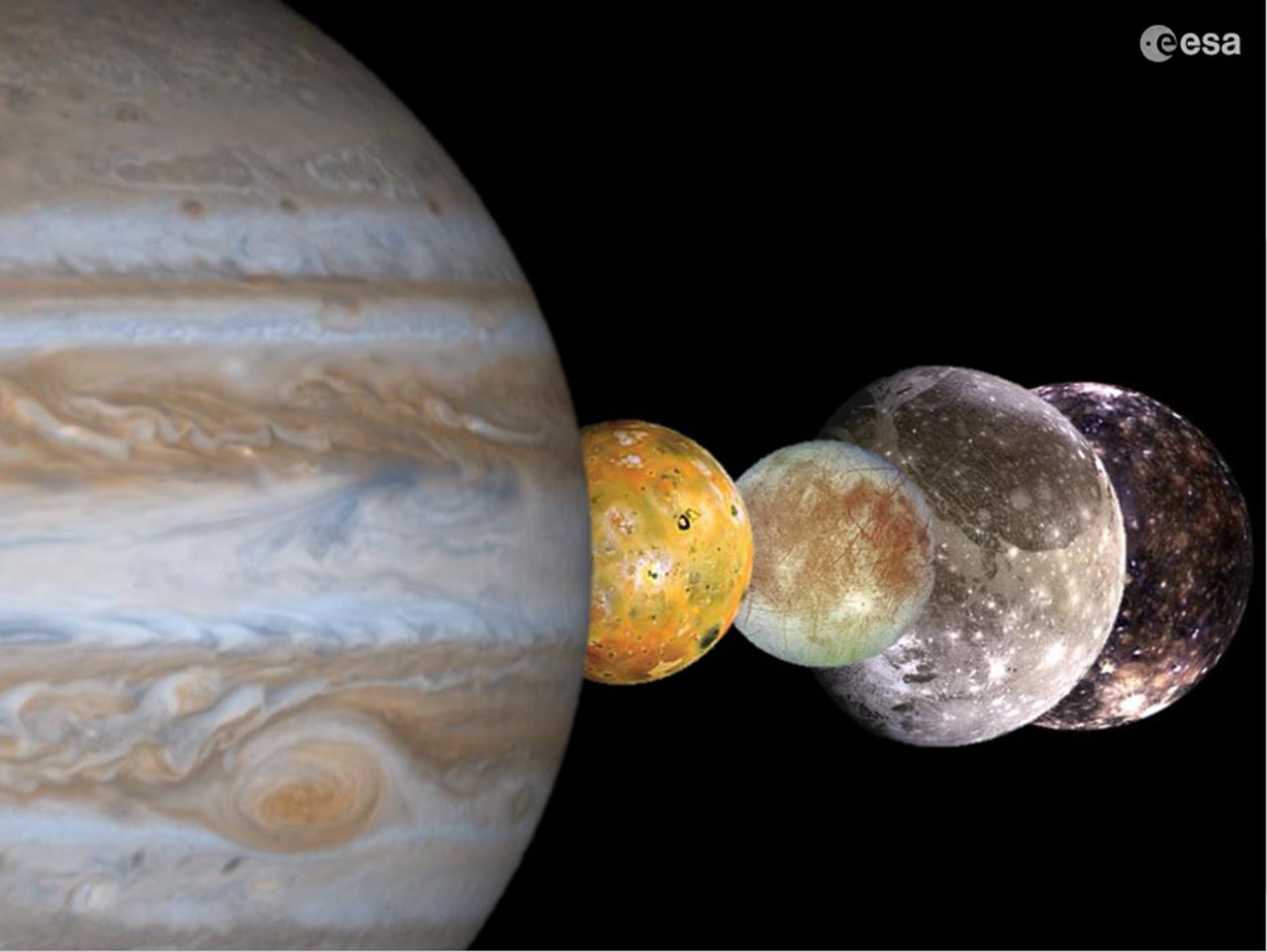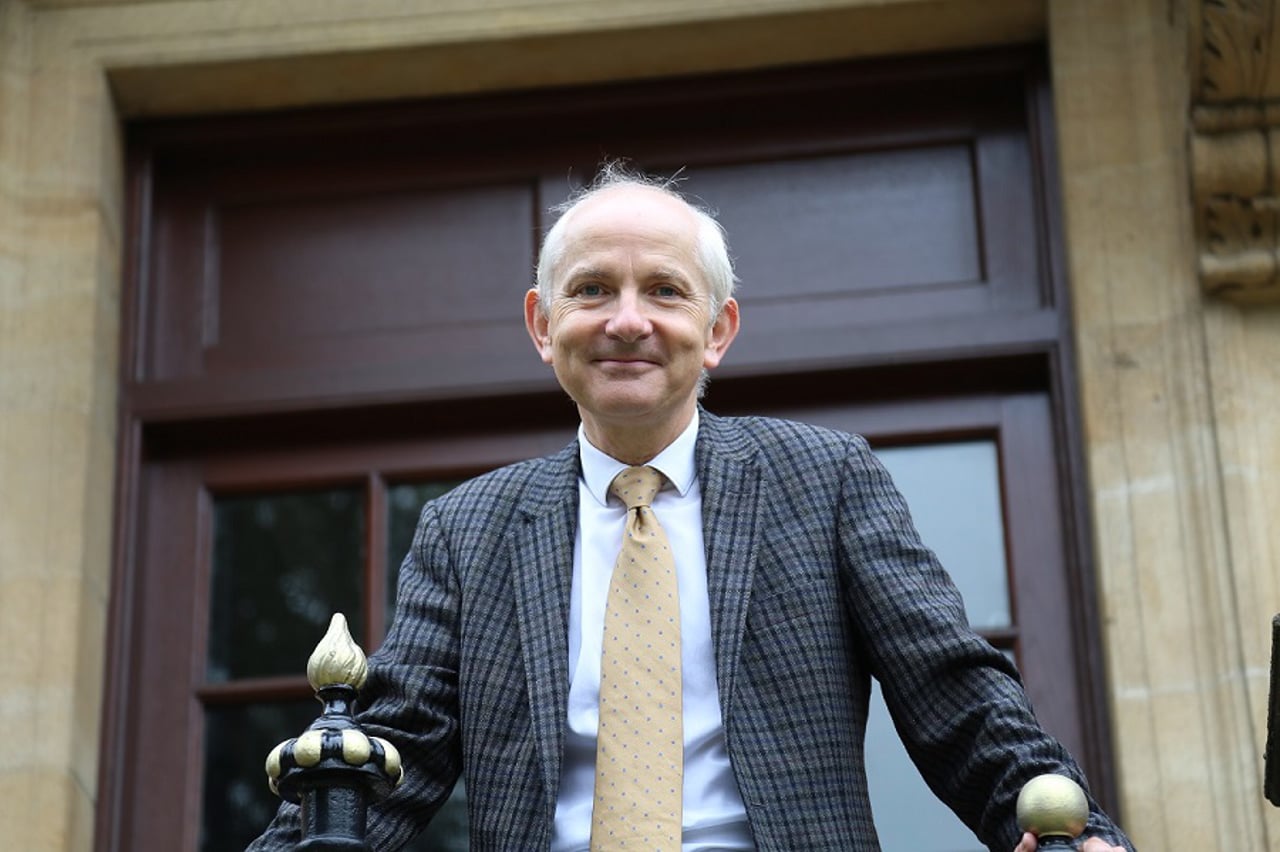The Margulis — Dawkins Debate on evolution: two titans of evolutionary biology square off with each other and a distinguished panel, in interaction with a packed-out audience
Recorded in 2009
During 2021, to celebrate the passing of more than a decade since the launch of Voices from Oxford, we will feature historic videos that form part of the irreplaceable documentaries, interviews, lectures and articles in the extensive VOX archive of nearly 1000 recordings. The first in this series was one of our first films: a ground-breaking debate featuring the Eastman Visiting Professor Lynn Margulis.
The debate took place in 2009, just 2 years before Margulis passed away from a sudden brain haemorrhage. She was 73 and was renowned for one of the most important discoveries in evolutionary biology: how cells of the kind that form our bodies, and those of other animals, plants, algae and fungi, developed from the fusion of different forms of microbes: bacteria and archaea. The fusion is called symbiosis and when it generates a new organism it is called symbiogenesis. Her discovery was honoured with the US National Medal of Science, presented by President Clinton.
The video is irreplaceable not only because Margulis herself is no longer with us. Martin Brasier, a brilliant Oxford geologist who pioneered the study of corals as a different form of symbiosis and symbiogenesis has also sadly passed away. The line up is completed with Stephen Bell, a microbiologist in Oxford at that time, expert on the very microbes that formed the basis of Margulis’s discovery, Richard Dawkins who agreed to represent the orthodox theory of evolution, neo-Darwinism, and the Chairman of VOX, Denis Noble, who chaired the debate.
There was anticipation of much ‘blood on the floor’ since Lynn and Richard had been notoriously critical of each other on the internet. While the differing views are on display, the debate was courteous throughout. Stephen Bell and Martin Brasier set the tone with their opening talks.
The debate was a marathon of Victorian length: nearly 4 hours. The transcript/commentary has become a document studied by philosophers and historians of science. The VOX recording is arranged in three parts. Part 1 (click on the image above) sets the scene with talks from all five participants, followed by a Q & A session. Part 2 features a film illustrating the process of symbiogenesis. Part 3 is an audio recording of the detailed interaction between the panel and a loyal audience who returned after a dinner break.
Posted by Denis Noble FRS



